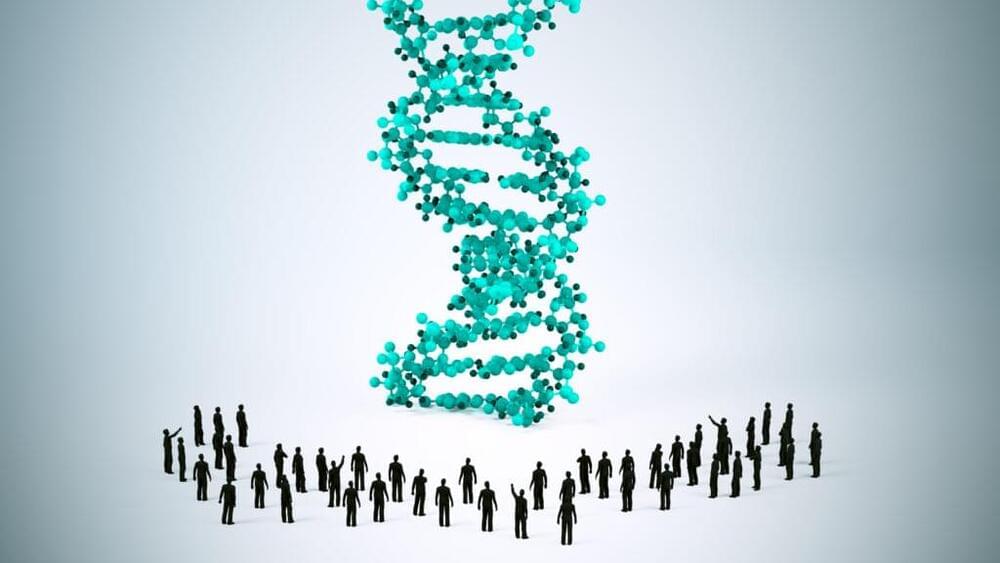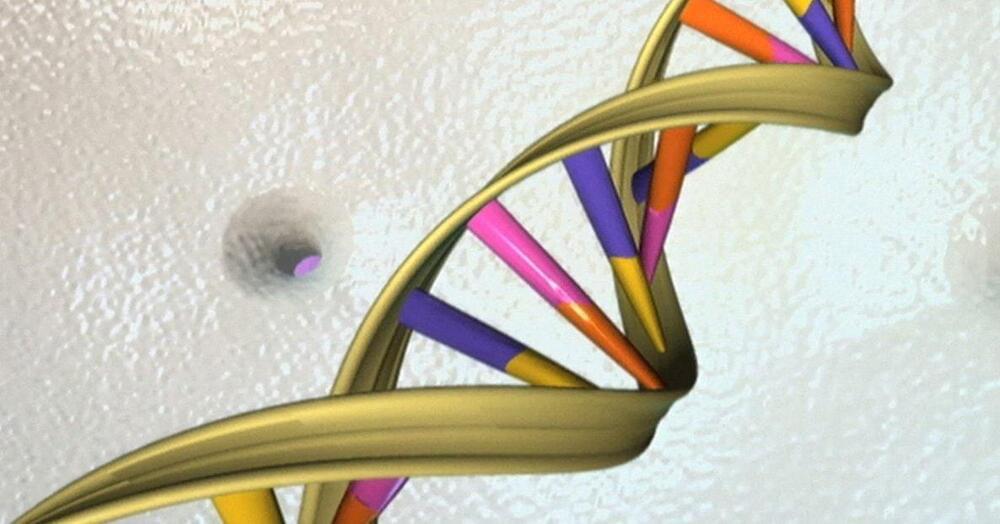A UC Davis Health study found that a single dose of Bacillus Calmette-Guérin (BCG), the vaccine for tuberculosis (TB), reduced liver tumor burden and extended the survival of mice with liver cancer. The study, published in Advanced Science, is the first to show the promising effects of the vaccine in treating liver cancer.
Hepatocellular carcinoma (HCC) is the most common type of liver cancer. It is also the third leading cause of cancer-related deaths worldwide. Current therapies include surgery, radiotherapy, chemotherapy, immunotherapy and liver transplant. Yet, the therapy outcomes for liver cancer remain bleak.
BCG, the century-old TB vaccine, is derived from the live bacteria Mycobacterium bovis. It is considered safe and widely used around the world.








